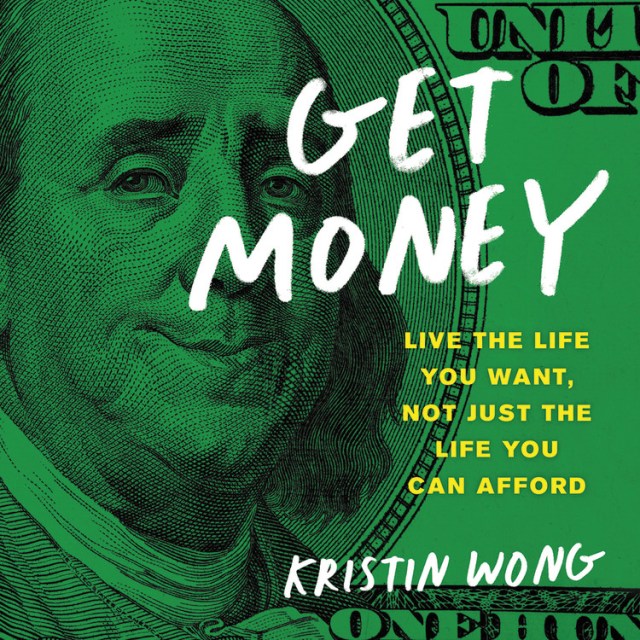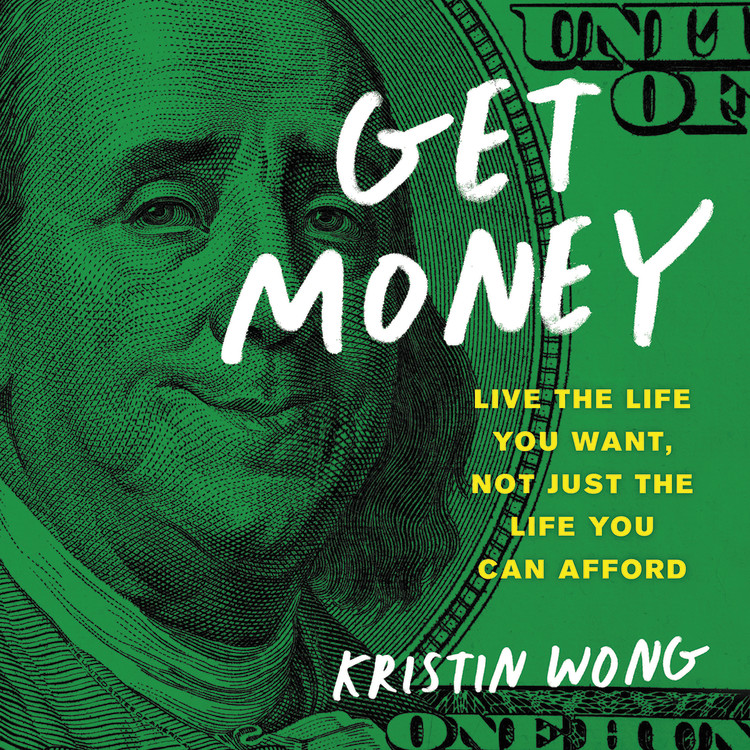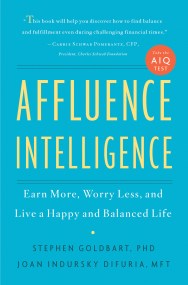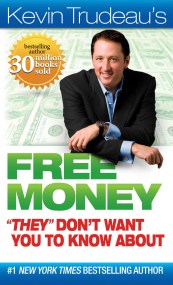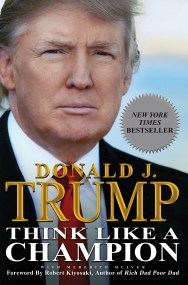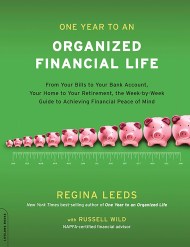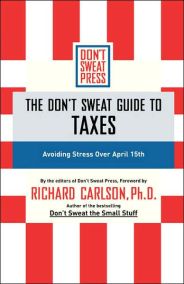By clicking “Accept,” you agree to the use of cookies and similar technologies on your device as set forth in our Cookie Policy and our Privacy Policy. Please note that certain cookies are essential for this website to function properly and do not require user consent to be deployed.
Get Money
Live the Life You Want, Not Just the Life You Can Afford
Contributors
By Kristin Wong
Read by Kristin Wong
Formats and Prices
- On Sale
- Mar 27, 2018
- Publisher
- Hachette Audio
- ISBN-13
- 9781549167942
Price
$27.99Format
Format:
- Audiobook Download (Unabridged) $27.99
- Trade Paperback $21.99 $28.99 CAD
This item is a preorder. Your payment method will be charged immediately, and the product is expected to ship on or around March 27, 2018. This date is subject to change due to shipping delays beyond our control.
Buy from Other Retailers:
Learn how to live the life you want, not just the life you can afford in this highly engaging, step-by-step guide to winning at personal finance!
Managing your money is like going to the dentist or standing in line at the DMV. Nobody wants to do it, but at some point, it’s inevitable: you need to clean your teeth, renew your license, and manage your personal finances like a grown-up. Whether you’re struggling to pay off student loan debt, ready to stop living paycheck to paycheck, or have finally accepted that your Beanie Baby collection will never pay off, tackling your finances may seem immensely intimidating. But it doesn’t have to be. In fact, by approaching it as a game–or something that requires you to set clear goals, as well as face challenges you must “beat”–personal finance can not only be easy to understand, but it can also be fun!
In Get Money, personal finance expert Kristin Wong shows you the exact steps to getting more money in your pocket without letting it rule your life. Through a series of challenges designed to boost your personal finance I.Q., interviews with other leading financial experts, and exercises tailored to help you achieve even your biggest goals, you’ll learn valuable skills such as:
Simply put, with this gamified guide to personal finance, you’ll no longer stress about understanding how your finances work–you’ll finally “get” money.
Managing your money is like going to the dentist or standing in line at the DMV. Nobody wants to do it, but at some point, it’s inevitable: you need to clean your teeth, renew your license, and manage your personal finances like a grown-up. Whether you’re struggling to pay off student loan debt, ready to stop living paycheck to paycheck, or have finally accepted that your Beanie Baby collection will never pay off, tackling your finances may seem immensely intimidating. But it doesn’t have to be. In fact, by approaching it as a game–or something that requires you to set clear goals, as well as face challenges you must “beat”–personal finance can not only be easy to understand, but it can also be fun!
In Get Money, personal finance expert Kristin Wong shows you the exact steps to getting more money in your pocket without letting it rule your life. Through a series of challenges designed to boost your personal finance I.Q., interviews with other leading financial experts, and exercises tailored to help you achieve even your biggest goals, you’ll learn valuable skills such as:
- Building a budget that (gasp) actually works
- Super-charging a debt payoff plan
- How to strategically hack your credit score
- Negotiating like a shark (or at least a piranha)
- Side-hustling to speed up your money goals
- Starting a lazy investment portfolio…and many more!
Simply put, with this gamified guide to personal finance, you’ll no longer stress about understanding how your finances work–you’ll finally “get” money.
-
"Kristin does the seemingly impossible: she makes learning about money a whole lot of fun. Get Money is a terrific, relatable read that covers the most important principles in a refreshingly clear way. Kristin doesn't preach from a mountaintop; instead, she shares her own struggles and offers great insights on why managing money can be so tough, as well as practical strategies for turning things around. If you want to get money, get this book."Liz Weston, personalfinance columnist and bestselling author of Your Credit Score
-
"If you love the quick-witted insider's perspective behind lifestyle site Lifehacker, you should be a big fan of Kristin Wong.... In Get Money, Wong presents a gamified version of Personal Finance 101 and also weaves in her own personal experiences with money along the way."Casey Bond, The Huffington Post
-
"Get Money is a delightful way for any money novice to finally feel empowered to take back control. Kristin Wong brings levity to an often dry and jargon-filled subject with her witty personal anecdotes and fresh take on gamifying personal finance. Kristin never points out a problem without offering the reader a solution, an unfortunate rarity in the personal finance world. Get Money is filled with practical, actionable steps that will help you "get" money, in more ways than one."ErinLowry, author of Broke Millennial: StopScraping By and Get Your Financial Life Together
-
"Kristin Wong's book is perfect for anyone [who is] just starting out in their personal finance journey and is looking for some actionable steps to take. And I really do mean actionable, because Kristin wrote her book in a way that will get you thinking and then doing!"Jessica Moorhouse, host of the "Mo' Money Podcast"
-
"Most money books are boring and stale. Not this one. Kristin Wong's Get Money is both funny and wise, packed with practical tips for how to play the game of money--and win. If you want to take your financial life to the next level, you need this book!"J.D. Roth, founder of Get Rich Slowly and author of Your Money: The Missing Manual
-
"Every few years a personal finance book is written that transcends all others published before it, and Get Money is that book! Don't let the lighthearted approach to finances fool you, Get Money is a smart, fun, and detailed guidebook to your financial life. Kristin Wong takes complex and dry money facts and turns them into engaging lessons. Get Money covers many personal finance topics without complication. It's a great mix of information, personal stories, expert advice, and assignments that will help you live the life you want!"Jason Vitug, bestselling author of You Only LiveOnce: The Roadmap to Financial Wellness and a Purposeful Life
-
"It's difficult to be both detailed and engaging when talking about personal finance, but Kristin Wong has found the sweet spot. Not only is Get Money packed with valuable information on how to improve your finances, but it makes it easy for readers to take action. If you want to get serious about your money, you need to read this book."DavidCarlson, founder of Young Adult Money and author of Hustle Away Debt
-
"Get Money goes beyond the step-by-step breakdown of what you should be doing with your money and shows you the why and the how behind each part of the process, so that you don't just know what to do--save, invest, pay down debt, etc.--but you also make the mindset shifts and behavioral changes to actually DO it! Kristin reminds us that paying attention to our personal finances isn't really about money at all, but rather about making sure that we can do what we want to do, experience what we want to experience, and live the way we want to live. In Get Money, she lays out the roadmap for doing just that!"StefanieO'Connell, millennial money expert, speaker, and author of The Broke and Beautiful Life
-
"Get Money is full of everything you need to know to get started on your financial journey. Wong's style is smart, authoritative, personal, and funny, bringing some much-needed life to a typically dry topic like money. Throughout the book, she guides you step-by-step and helps you 'level up' to get your money in order. Not only that, but the interactive nature and the exercises make this book an essential tool for anyone looking to get money."Melanie Lockert,author of Dear Debt: A Story About Breaking Up With Debt
-
"Well written in a tone that alternates between serious and humorous, Wong's timely, concise, and practical introduction is a quick and leisurely guide to modern financial literacy."Booklist
-
"Wong speaks eloquently about how intricately a person's financial and emotional life are interconnected; the emotions involved, and not just the finances, must be managed in order to make any progress.... [She] shines in her encouraging direction to figure out financial priorities to accomplish personal goals."Publishers Weekly
Newsletter Signup
By clicking ‘Sign Up,’ I acknowledge that I have read and agree to Hachette Book Group’s Privacy Policy and Terms of Use
